A look at US legacy of abuse at Guantanamo as calls grow for its closure
Reza Javadi
The United States should apologize for its treatment of Guantanamo Bay prisoners, who have been at the receiving end of “cruel, inhuman, and degrading treatment,” according to a United Nations expert.
“The US government must urgently provide judicial resolution, apology and guarantees of non-repetition,” Fionnuala Ní Aoláin, the UN special rapporteur on the promotion and protection of human rights and fundamental freedoms while countering terrorism, said on Monday.
The remarks came as she handed over her 23-page report to the United Nations Human Rights Council after undertaking the first official visit by a UN human rights investigator to the notorious American detention facility in Cuba between February and May.
In the exhaustive report, she stated that the facility — which now holds 30 prisoners, down from nearly 800 some years ago — continued to entail “near-constant surveillance, forced cell extractions, undue use of restraints, and other arbitrary, non-human rights compliant operating procedures.”
“Every single detainee I met with lives with the unrelenting harms that follow from systematic practices of rendition, torture and arbitrary detention,” she wrote, adding that “the systematic rendition and torture” at “multiple sites” including Guantánamo Bay marked “the single most significant barrier to fulfilling victims' rights to justice and accountability” over 9/11.
Many of the detainees are “living in a detention environment without trial for some, and without charge for others, for 21 years, hunger striking and force-feeding, self-harm and suicidal ideation (ideas), and accelerated aging,” the report stated further.
“The totality of these practices and omissions have cumulative, compounding effects on detainees’ dignity and fundamental rights, and amounts to ongoing cruel, inhuman, and degrading treatment,” Ní Aoláin revealed, adding that the closure of the notorious prison facility “remains a priority.”
Guantanamo – the hub of US abuse
Since the infamous detention facility was set up by the George Bush administration in Cuba in 2002, after the invasion of Afghanistan and before the invasion of Iraq, it has been synonymous with abuse.
The location of the facility – at an American military base in Cuba – added to its notoriety as it allowed the US government to scandalously bypass international law on the treatment of prisoners.
The prison facility at its peak housed almost 800 inmates, but the number has now come down to 30, with most detainees released after years of incarceration without trial or formal charges.
Bush transferred more than 500 prisoners out of Guantánamo and his successor, Barack Obama, transferred 200 others and vowed to shut it down but failed to keep the promise. Donald Trump kept the facility running and his successor, Joe Biden, has also failed to arrive at any decision.
In 2021, over 110 groups, which included 9/11 family members, called on President Biden to close down the infamous facility. Their call resonated widely but the Biden administration remained unfazed.
At a Senate judiciary hearing in 2021, Colleen Kelly, who lost her brother in the 9/11 attacks, sought “accountability for unlawful acts, justice too long denied, and a path to closing Guantánamo”.
In January 2022, marking the 20th anniversary of the arrival of the first detainees at Guantanamo Bay, UN experts described the facility as a site of “unparalleled notoriety”.
“Twenty years of practicing arbitrary detention without trial accompanied by torture or ill-treatment is simply unacceptable for any government, particularly a government which has a stated claim to protecting human rights,” said the independent experts, appointed by the UN Human Rights Council.
“Despite forceful, repeated and unequivocal condemnation of the operation of this horrific detention and prison complex with its associated trial processes, the United States continues to detain persons many of whom have never been charged with any crime.”
History of abuse at Guantanamo
Human rights groups raised their voice against rampant abuse at the US-run detention facility after one of the detainees testified for the first time in 2016 about the brutal treatment meted out to inmates at the facility, as part of the US government's interrogation program at CIA black sites.
Around the same time, the US Defense Department released unredacted transcripts of Guantánamo Bay prisoners describing the torture they suffered while imprisoned in CIA black sites.
At his sentence hearing in late 2021, Majid Khan, a Pakistani citizen and former Baltimore resident who was sentenced to 26 years for allegedly working as an al-Qaeda courier, revealed to jurors sexual assault, beatings, solitary confinement, starvations and forced enemas he endured after being captured in 2003.
He revealed that interrogators suspended him naked from a ceiling beam for days without food, held his head underwater to the brink of drowning and kept him awake for days by repeatedly submerging him in ice.
“I thought I was going to die,” Khan said in his 39-page statement, adding that he started hallucinating and self-harming due to the inflicted trauma by US forces at the detention facility.
He spent around three years in CIA black sites before being transferred to Guantánamo in 2006.
Abu Zubaydah, another detainee, recounted similar abuse in the Defense Department’s transcripts.
“They shackle me completely, even my head: I can’t do anything. Like this and they put one cloth in my mouth and they put water, water, water,” he said in his testimony.
“Last point before I die they stand [via Language Analyst] bed they make like this [making breathing noises] again and again they make it with me and I tell him ‘If you want to kill me, kill me.’”
Mansoor Adayfi, a Yemeni native who spent more than 14 years at the prison, said the facility represents “20 years of injustice, torture, abuse, lawlessness and oppression”.
“Guantanamo is one of the biggest human rights violations of the 21st century,” Adayfi, who last year write a memoir titled ‘Don’t Forget Us Here: Lost and Found at Guantanamo’, was quoted as saying in an interview with AlJazeera in January 2022.
“And also it is [abusive] to the American justice system, to the American people. Guantanamo hasn’t achieved any justice for anyone – not for the 9/11 victims, not for Americans, not for the detainees.”
Torture Policy at US detention camp
In January last year, a paper from the Costs of War Project at Brown University’s Watson Institute reassessed the unlawful costs of the camp from the US taxpayers’ money, and human rights abuses across the detention center, revealing a wider picture of US atrocities against Muslim prisoners who have been detained for years without trial, with most of them having no criminal charges.
The report outlined how US abuses trampled on the rights of victims and suspects, and even caused damage to counterterrorism efforts worldwide instead of fighting against it, and ultimately jeopardized universal human rights protections for everyone.
“Around the world, Guantánamo remains one of the most enduring symbols of the injustice, abuse, and disregard for the rule of law that the US unleashed in response to the 9/11 attacks,” said Letta Tayler, the report’s co-author.
“The US government’s reliance on deeply flawed military commissions, along with other due process failures, has not only violated the rights of the men held at Guantánamo. It also has deprived survivors of the September 11 attacks and families of the dead of their right to justice,” she added.
The paper strongly criticized the US government for spending more than $540 million a year from the taxpayers’ money to unlawfully detain prisoners at Guantánamo.
The report went ahead slamming US allies across the globe, saying that its counterterrorism partners have replicated the Guantánamo model by detaining thousands of people in dire conditions in Iraq, northeast Syria, Nigeria, Egypt, and elsewhere on the excuse of alleged terrorism offenses.
Stephanie Savell, co-director of the Costs of War Project, praised the report for revealing the US atrocities and said the report “lays out a comprehensive assessment of the many unconscionable costs of US torture and illegal detentions and renditions of Muslims over the past 20 years since 9/11.”
“This is a moral failure of epic proportions, a stain on the nation’s human rights record, a strategic blunder, and an abhorrent perpetuation of Islamophobia and racism,” he noted.

2025 World Press Photo: 9-year-old Palestinian amputee symbolizes Gaza's tragedy

‘I’m bored, so I shoot’: Chilling testimonies detail Israel’s genocidal war on Gaza
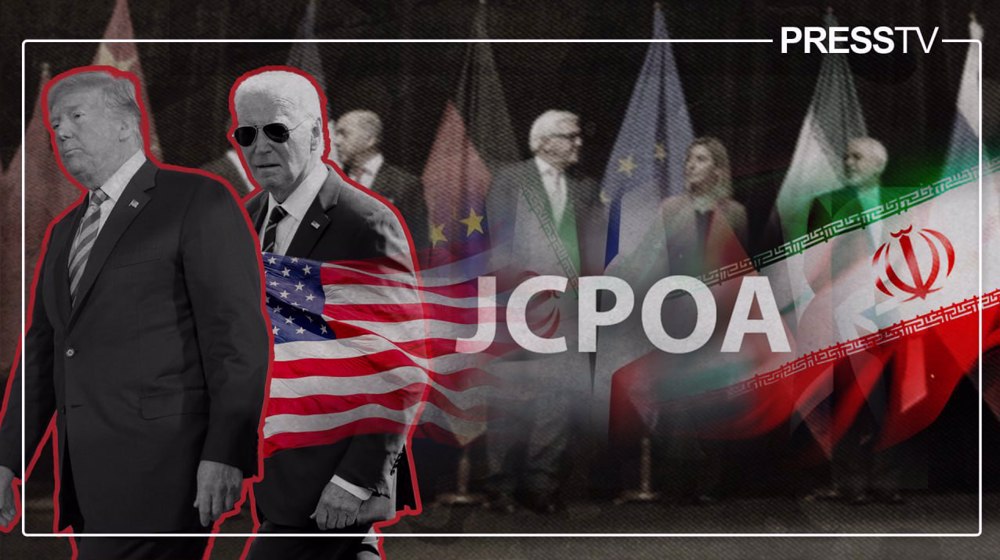
Analysis: As indirect nuclear talks resume in Rome, why is Iran distrustful of US
Iran denies US investors will be present in its trade fair
Israeli forces kill three Palestinians in intensified West Bank raids
VIDEO | Press TV's news headlines
Nearly 600 children killed in renewed Israeli assault on Gaza: UN agency
Moroccan port workers protest Maersk ship carrying F-35 parts to Israel
Iran will ‘chart its own path’ if US refuses to negotiate on ‘equal footing’: President
Iran eyes more exports to Brazil to balance bilateral trade
Russia's President Putin ratifies bill for strategic partnership with Iran


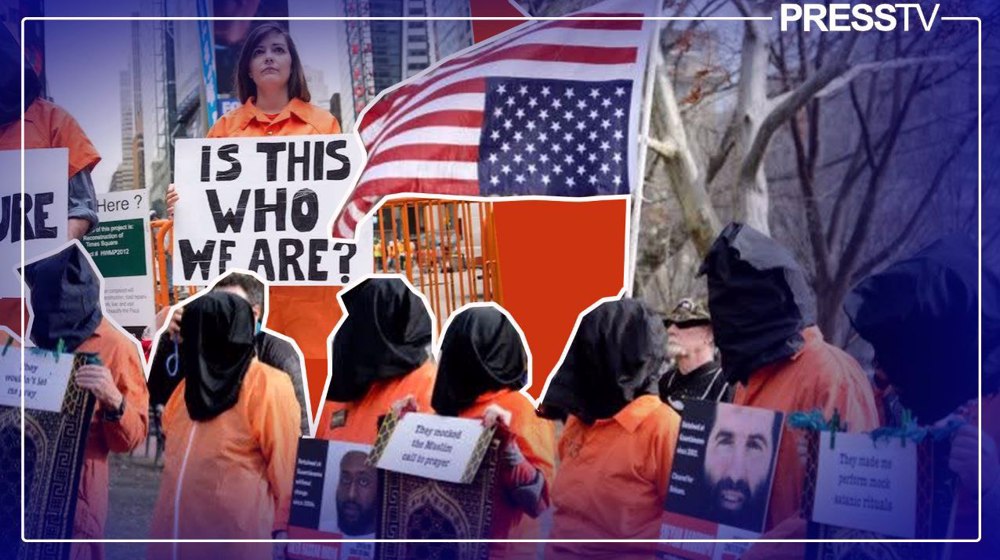



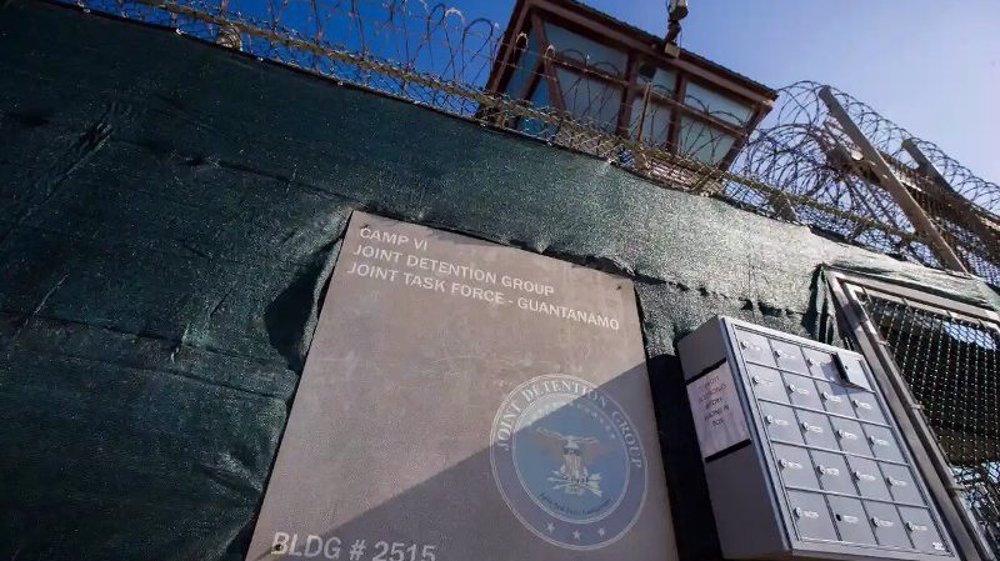
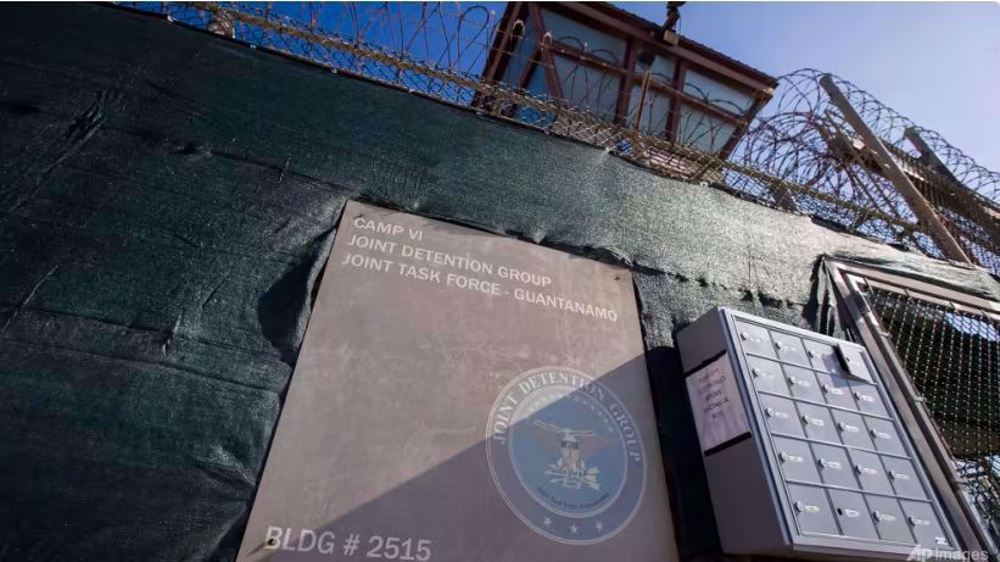
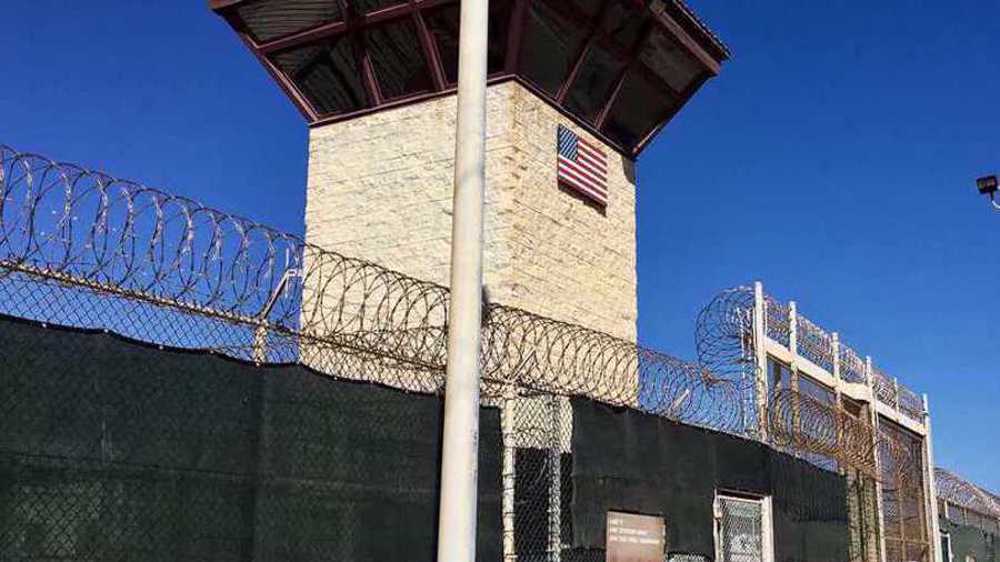
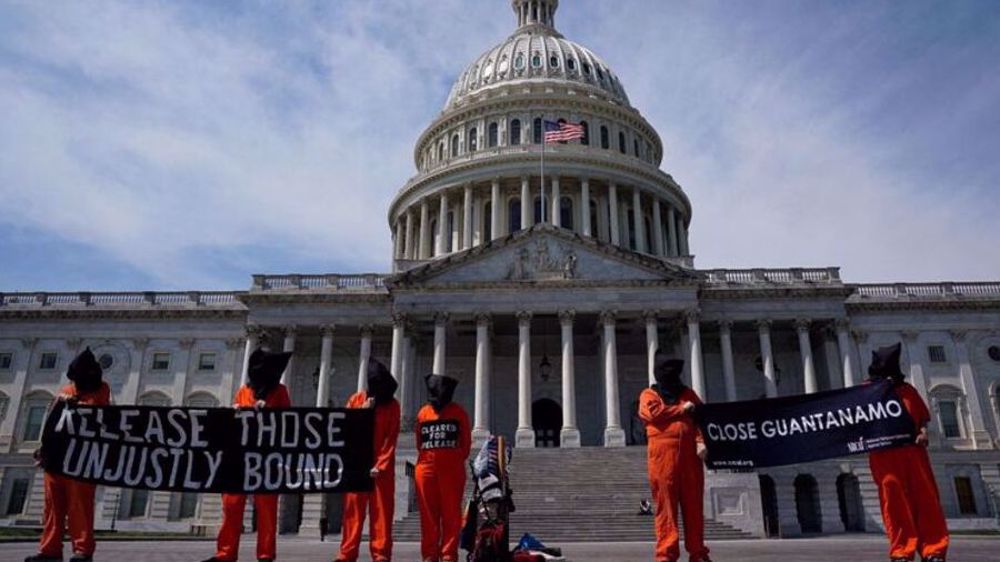


 This makes it easy to access the Press TV website
This makes it easy to access the Press TV website